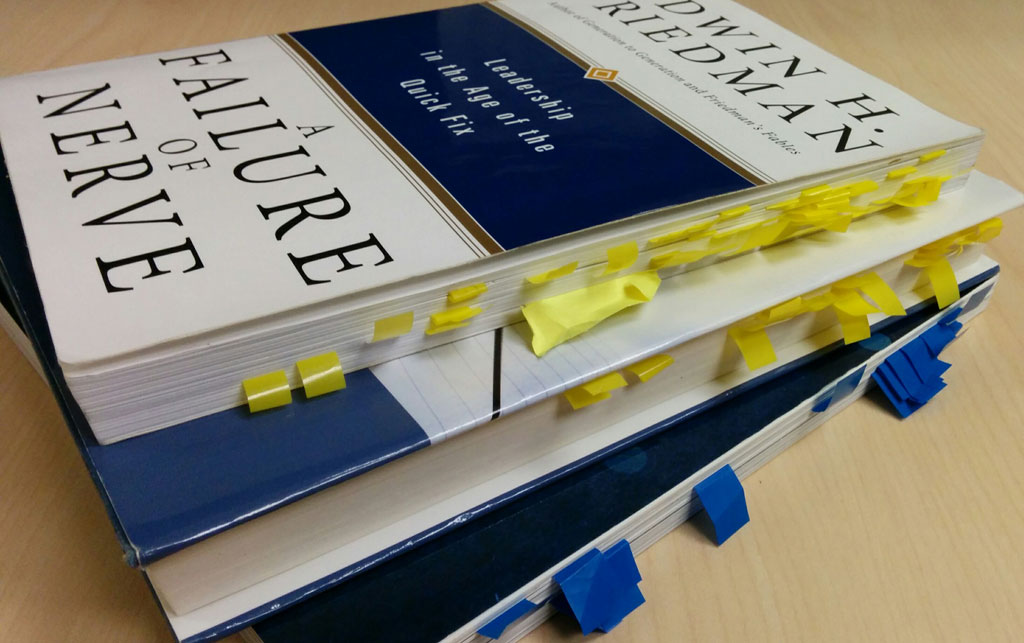One of the most interesting aspects of Beloit College’s Mindset list is that the College has used these lists on an annual basis to get a better understanding of who their students are and where they are at. Student-centered learning is dependent upon knowing your student so this type of information is a very important and can help faculty, staff and administrators understand and address student expectations.
The class of 2018 live in a world that takes for granted that the
“digital technology that affords them privacy from their parents, robs them of their privacy amid the “big data” of the NSA and Google.”
The Mindset List for the Class of 2018
For this generation of entering college students, born in 1995…
1. During their initial weeks of kindergarten, they were upset by endlessly repeated images of planes blasting into the World Trade Center.
2. Since they binge-watch their favorite TV shows, they might like to binge-watch the video portions of their courses too.
3. Meds have always been an option.
4. When they see wire-rimmed glasses, they think Harry Potter, not John Lennon.
5. “Press pound” on the phone is now translated as “hit hashtag.”
6. Celebrity “selfies” are far cooler than autographs.
7. The Daily Show with Jon Stewart has always been the only news program that really “gets it right.”
8. Hard liquor has always been advertised on television.
9. Ralph Nader has always been running for President of the U.S.
10. They never sat glued to Saturday morning cartoon shows but have been hooked on FOX’s Sunday night “Animation Domination.”
11. The water cooler is no longer the workplace social center; it’s the place to fill your water bottle.
12. In their lifetime, a dozen different actors have portrayed Nelson Mandela on the big and small screen.
13. Women have always attended the Virginia Military Institute and the Citadel.
14. FOX News and MSNBC have always been duking it out for the hearts and minds of American viewers.
15. Pepsi has always refreshed travelers in outer space.
16. Hong Kong has always been part of China.
17. Courts have always been overturning bans on same-sex marriages.
18. Joe Camel has never introduced one of them to smoking.
19. Bosnia and Herzegovina have always been one nation.
20. Citizens have always had a constitutional right to a “dignified and humane death.”
21. Nicotine has always been recognized as an addictive drug requiring FDA oversight.
22. Students have always been able to dance at Baylor.
23. Hello Dolly…cloning has always been a fact, not science fiction.
24. Women have always been dribbling, and occasionally dunking, in the WNBA.
25. Ads for prescription drugs, noting their disturbing side effects, have always flooded the airwaves.
26. Hell has always been associated less with torment and more with nothingness.
27. Whether to embrace fat or spurn it has been a front page debate all their lives.
28. Parents have always been able to rely on a ratings system to judge violence on TV.
29. They never tasted the “texturally enhanced alternative beverage” known as Orbitz.
30. There has always been “TV” designed to be watched exclusively on the web.
31. The Unabomber has always been behind bars.
32. Female referees have always officiated NBA games.
33. There has always been a national database of sex offenders.
34. Chicago, a musical about a celebrity getting away with murder, has always been popular on Broadway.
35. Yet another blessing of digital technology: They have never had to hide their dirty magazines under the bed.
36. U.S. major league baseball teams have always played in Mexico.
37. Bill Gates has always been the richest man in the U.S.
38. Attending schools outside their neighborhoods, they gather with friends on Skype, not in their local park.
39. While the number of Americans living with HIV has always been going up, American deaths from AIDS have always been going down.
40. They have no memory of George Stephanopoulos as a senior White House advisor.
41. The PGA has always offered golfers with disabilities a ride—reluctantly.
42. “African-American Vernacular English” has always been recognized as a distinct language in Oakland.
43. Two-term presidents are routine, but none of them ever won in a landslide.
44. The family has always been able to buy insurance at local banks.
45. One route to pregnancy has always been through frozen eggs.
46. They have probably never used Netscape as their web browser.
47. Everybody has always Loved Raymond.
48. “Salon” has always been an online magazine.
49. The rate of diagnosed diabetes has always been shooting up during their lifetime.
50. Affirmative Action has always been outlawed in California.
51. Boeing has never had any American competition for commercial aircraft.
52. U.S. soldiers have always been vaccinated against anthrax.
53. “Good feedback” means getting 30 likes on your last Facebook post in a single afternoon.
54. Their collection of U.S. quarters has always celebrated the individual states.
55. Since Toys R Us created a toy registry for kids, visits to Santa are just a formality…
Source: Copyright© 2014 Beloit College



































